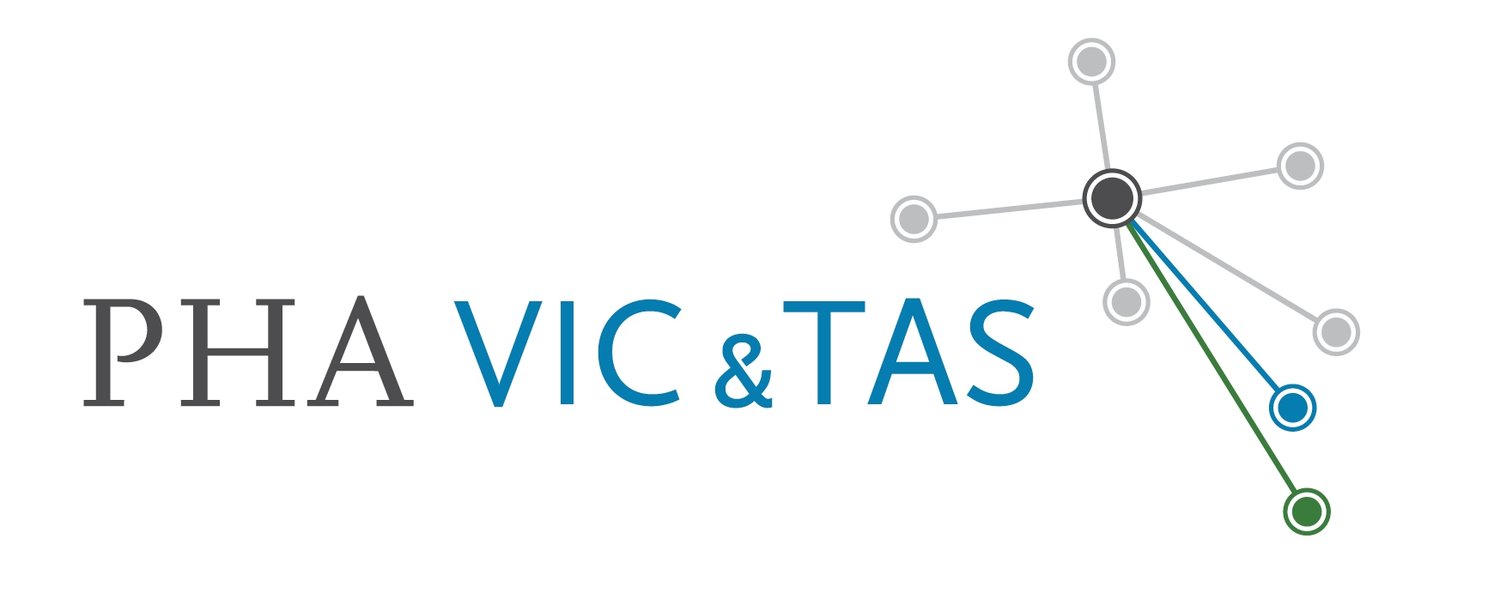If you have time to volunteer or crowdsource information, you might be interested in these projects or initiatives.
call for Submissions or expertise
Call for papers: The ANU Historical Journal (ANUHJ II). The ANU Historical Journal (open access, peer-reviewed) is calling for submissions from undergraduates, postgrads as well as university alumni. The ANU Historical Journal II (ANUHJ II) is a peer-reviewed academic history journal of The Australian National University and is edited by undergraduate and postgraduate history students. As a revival of the ANU Historical Journal, which was published between 1964 and 1987, it maintains a special interest in publishing the research of students and recent graduates across Australia. It publishes articles that engage with historical topics from a range of perspectives and geographies.
The ANU Historical Journal II (ANUHJ II) is a peer-reviewed academic history journal of The Australian National University and is edited by undergraduate and postgraduate history students. As a revival of the ANU Historical Journal, which was published between 1964 and 1987, it maintains a special interest in publishing the research of students and recent graduates across Australia. It publishes articles that engage with historical topics from a range of perspectives and geographies. To date, it has published articles that contribute to women’s history, Australian history, Indigenous histories, contemporary history, and more.
The ANUHJ II’s editorial board consists of individuals of a variety of backgrounds, including postgraduate students, honours students and former students of ANU.
The journal’s goal is to create a space for students and academics to publish in conversation with one another. It aims to provide publishing opportunities to a variety of individuals, fostering collaboration and enthusiasm in historical studies. The journal also hopes to create intellectual conversations across disciplines by encouraging the publication of works of an inter- or transdisciplinary nature, focused upon historical material.
The Great Circle is a peer-reviewed journal published twice a year by the Australian Association for Maritime History. The Great Circle publishes research articles (8,000 words), shorter articles (3,000 words), and book reviews (1,000 words). It is seeking papers on any aspect of maritime history, archaeology, and heritage which will be of interest to broad audiences. Other relevant research areas include historical aspects of oceanic migration, travel and transport; trade and shipping; exploration and discovery; navies and sea power; fishing and resource extraction; oceans governance and maritime law. Please contact Erika Techera (erika.techera@uwa.edu.au) if you are interested in submitting your paper or if you have any questions.
Writing and EDITORIAL OPPORTUNITIES
Australian Migration History Network (AMHN) would like to invite interested scholars to contribute to the AMHN Blog Series. Should you like to share your research via a short blog (1000-2000 words) we’d love to hear from you. Please send an EOI to amigrationhn@gmail.com
Crowdsourcing opportunities
Yumi Sabe, Indigenous Research Exchange, AIATSIS. A key part of the Indigenous Research Exchange (the Exchange) is to make research findings more accessible, more contestable and more useable, especially for Aboriginal and Torres Strait Islander communities. We’ve developed Yumi Sabe to provide access to data and information at a local level and provide an evidence base for policy makers to design more effective programs and policies.
The aim of Yumi Sabe is to:
Showcase and support Indigenous knowledge translation.
Be a powerful resource for Indigenous leadership and community-led decision making.
Support nation-building through specific nation-based data.
Support data sovereignty and self-determination.
Change the narrative on Indigenous data collection, use and ownership.
Provide links and networks to other data sources and knowledge repositories, including the wide range of information available within AIATSIS.
Yumi Sabe will also hold research outcomes from the research grants program.
Yumi Sabe is currently in development and will be led by Indigenous expertise and underpinned by core principles of Indigenous Data Governance (IDG), Indigenous Data Sovereignty (IDS) and Indigenous Cultural and Intellectual Property (ICIP).
A Journal of The Plague Year: An archive of COVID-19 Historians are invited to share their stories (in a variety of formats) that ‘speaks to paradoxes of the moment’.
Memory Bank State Library Victoria’s Collective Isolation Project is seeking to archive what everyday life in Victoria is actually like now, during this time of collective isolation.
National Museum of Australia is inviting Australians to share their experiences, stories, reflections and images of the COVID-19 pandemic in the project: Bridging the Distance.
Australian War Memorial seeks to bring locations and photographs of every publicly accessible memorial across Australia together in a national online register called Places of Pride.
National Library of Australia is collecting printed COVID-19 ephemera that has appeared in letterboxes and local neighbourhoods. Content from regional Australia is of particular interest, along with content in languages other than English.
RESEARCH ASSISTANT DATABASE & Consultants directory
Research Assistant Database, Australian Centre for Public History. To assist the history community, the Centre maintains a register of professionals (typically ECRs and HDRs) available to assist on history research projects. This register is publicised in our weekly newsletter as well as by our friends in the history community such as the Australian Historical Association.
Please note that while we regularly update the register, the Australian Centre for Public History and the University of Technology Sydney are not party to any employment arrangement between researcher and assistant. It is our aim merely to bring you together. Also note, that in providing your email address you are giving consent for your details to be published on a google sheet that will be linked to the Australian Centre for Public History website, and publicly accessible.





